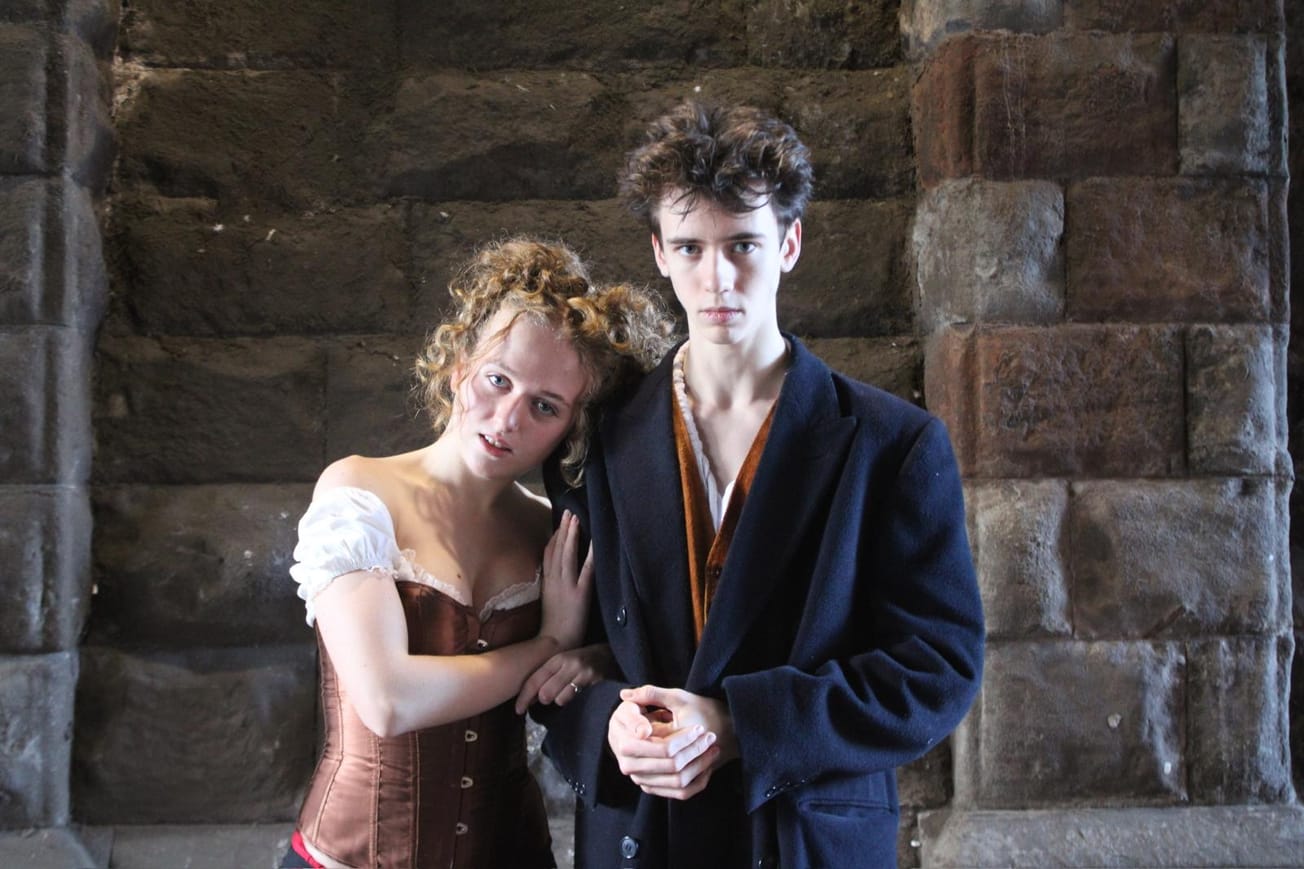By Rachel Bronnert, Second Year English
After the recent announcement of another eighteen days of industrial action, many students will be left feeling concerned and angry at the loss of almost half their teaching hours this term.
This article explores the reasoning and reality behind the last five years of industrial action. Why are arts courses typically more affected than other degree subjects? How, as a student, can you respond to these strikes, even if you feel powerless to influence any change?
The UCU (the university and college union) represents over 120,000 academics and support staff and works to advocate for better working conditions, pay increases in line with inflation, and the reinstatement of staff pensions. Pensions have been devalued by twenty percent, 42 per cent of staff on casualised contracts struggle to pay bills and there is a large race and gender pay gap.
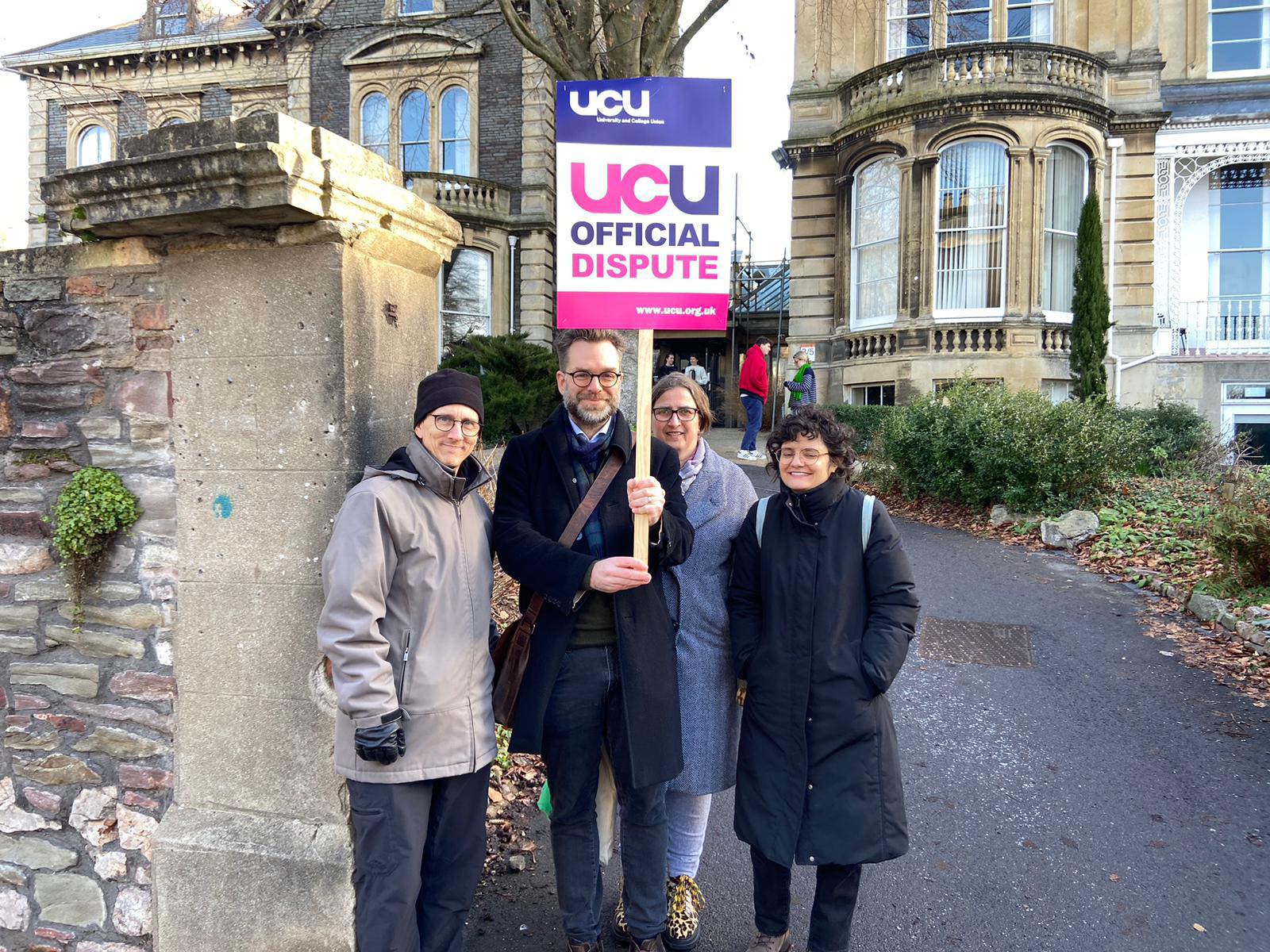
John McTague, a senior lecturer in the English Department and co-Vice President of the Bristol branch of the UCU, spoke to Epigram and gave an interesting and crucial insight into striking culture within university.
What’s one thing you would like students to know?
‘Sometimes, not just students, but those who are not active in trade unions don’t realise that people don’t get paid when they go on strike… going on strike for eighteen days means I will lose about two grand as a senior lecturer.’
‘We have been on strike for five years and students don’t always have the big picture… the progress we made from the pension dispute in 2018 slid back and we’ve been in the same dispute for five years.’
‘In the pay, equality and working conditions disputes we have made very little progress, so these eighteen days come as an escalation that we hope will get movement from employers. There’s also an assumption that being a university lecturer is a comfortable middle-class position, but the higher education sector in general works on casualized labour.’
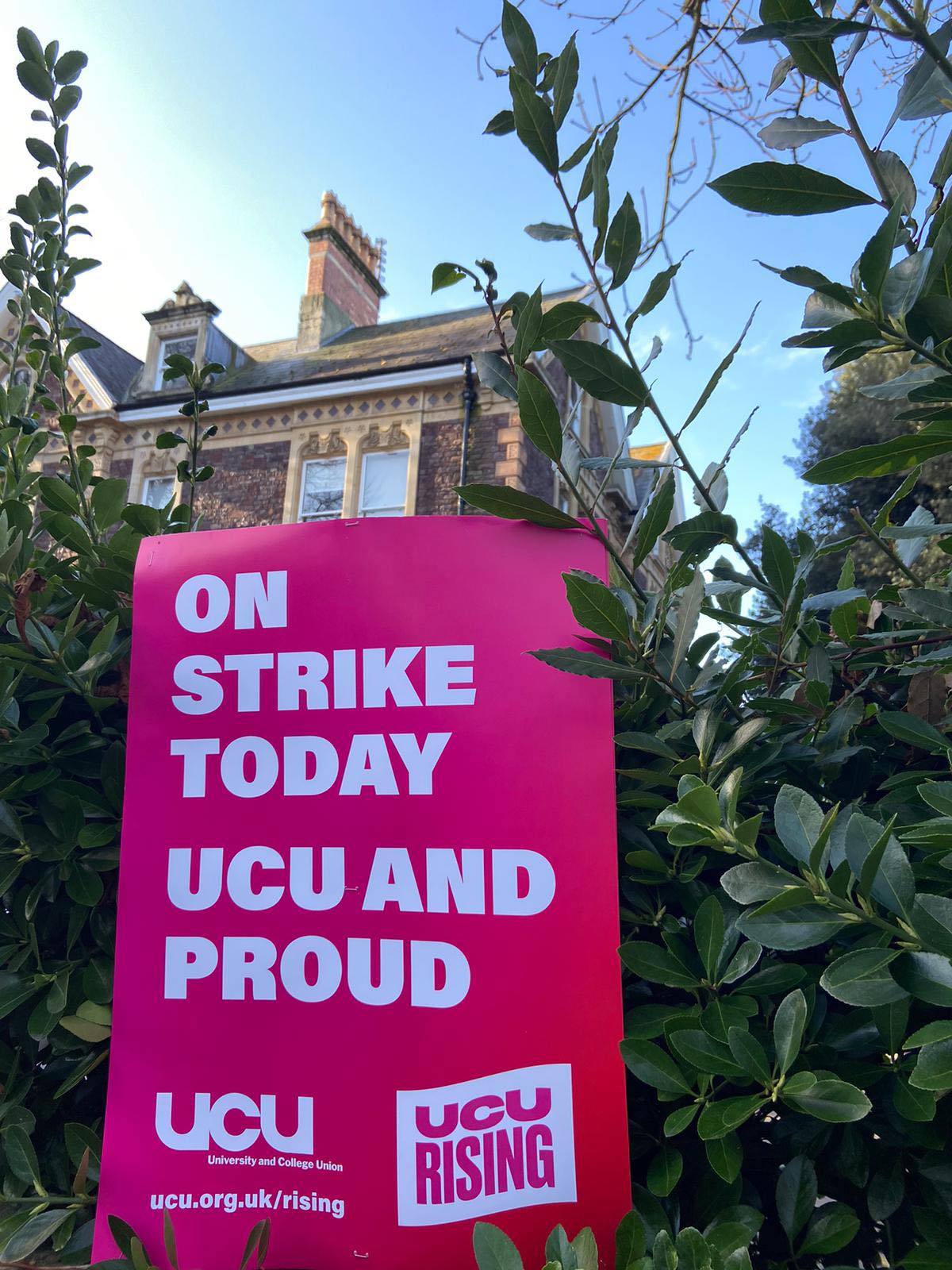
Whilst almost all of the teaching in the Arts department is cancelled due to industrial action, those who take other courses are often less affected. Why do you think this is?
‘Since the cap was lifted on student numbers, most humanities subjects have expanded from 60-70 to over 200; the number of staff hasn’t increased in line with the number of students, meaning much higher workloads. Arts departments have also become very profitable.’
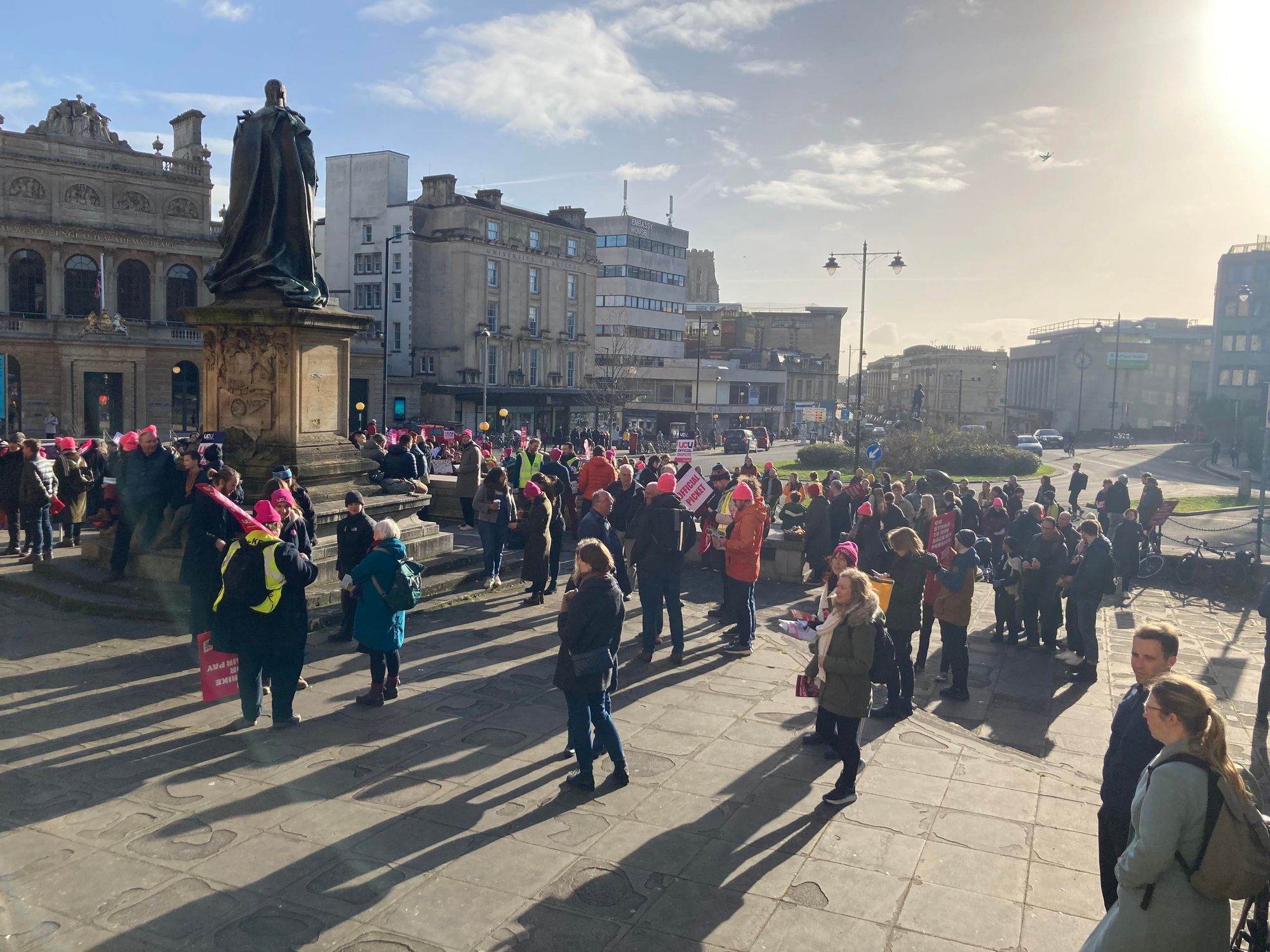
Do you think an agreement will be reached?
‘We will get an offer. Demand of the union for an above inflation pay increase is reasonable; we have had below inflation pay increases since I’ve worked in the sector. We are being paid 25% less for more work than people were fifteen years ago.’
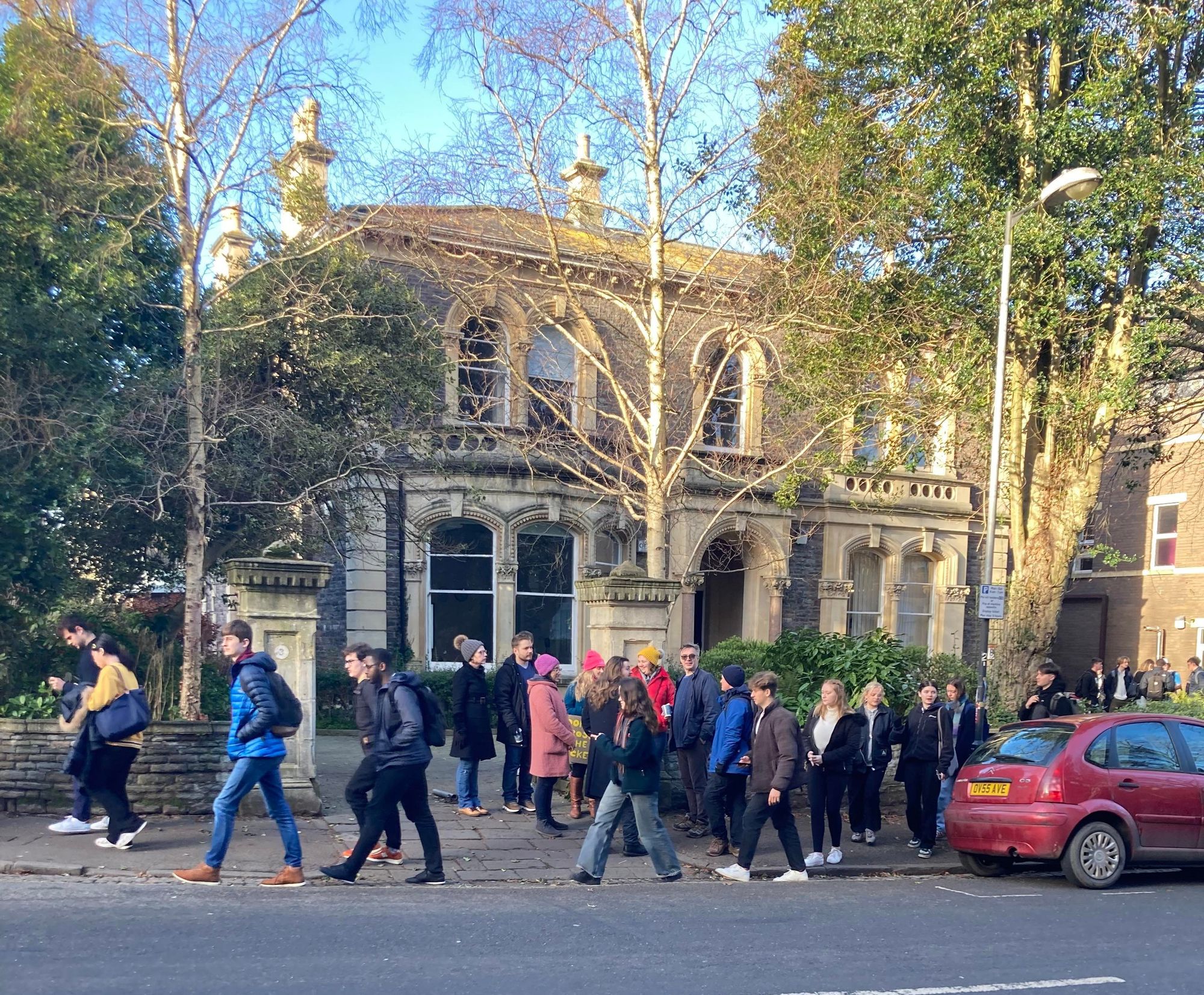
This has been a long-term issue; do you believe the strikes are effective or is this penalizing students for something they can’t control?
‘They were effective in 2018. Employers have learnt a lot about how they can mitigate strike action, they believe they can adjust assessments and manage things so the University can keep running. I think when they see disruption of this scale, they are likely to move; we may have to move to a marking and assessment boycott in the summer and employers know this is on the cards. We don’t want to penalize students but there are very few ways we can bring employers to the negotiating table that don’t affect students.’
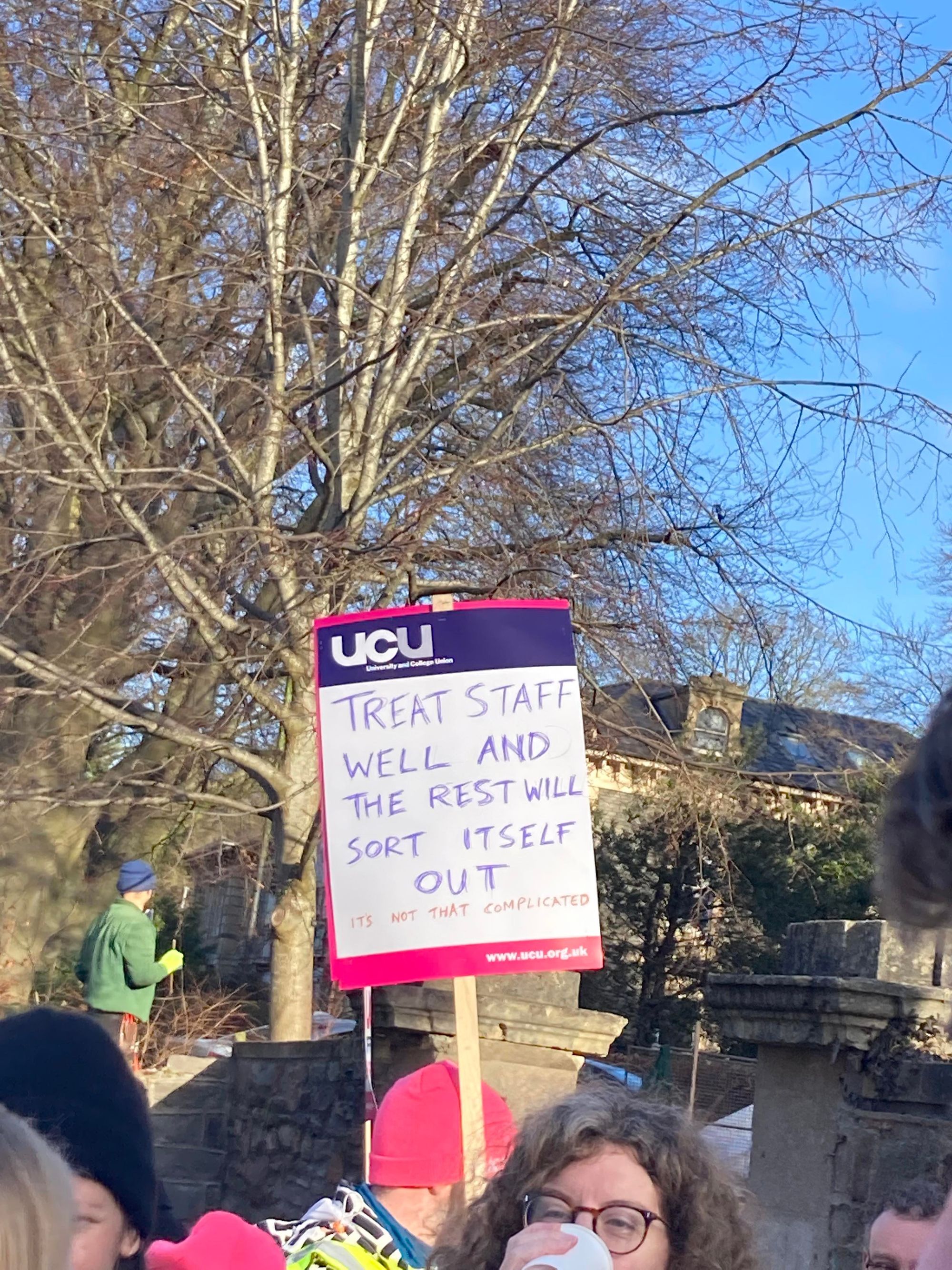
What can students do to feel heard and help influence change?
‘They can email the Vice Chancellor and ask them to use their influence and lobby other universities. Talk to your lecturers, I’m always happy to answer questions; if you support the action, tell them. We are all worried about how this damages our relationship with our students. However, we feel we have no other choice as there are many more students to come. Come to the picket lines and join a staff and student solidarity group. Ultimately vice chancellors have the power to shift things, as academics have limited power.’
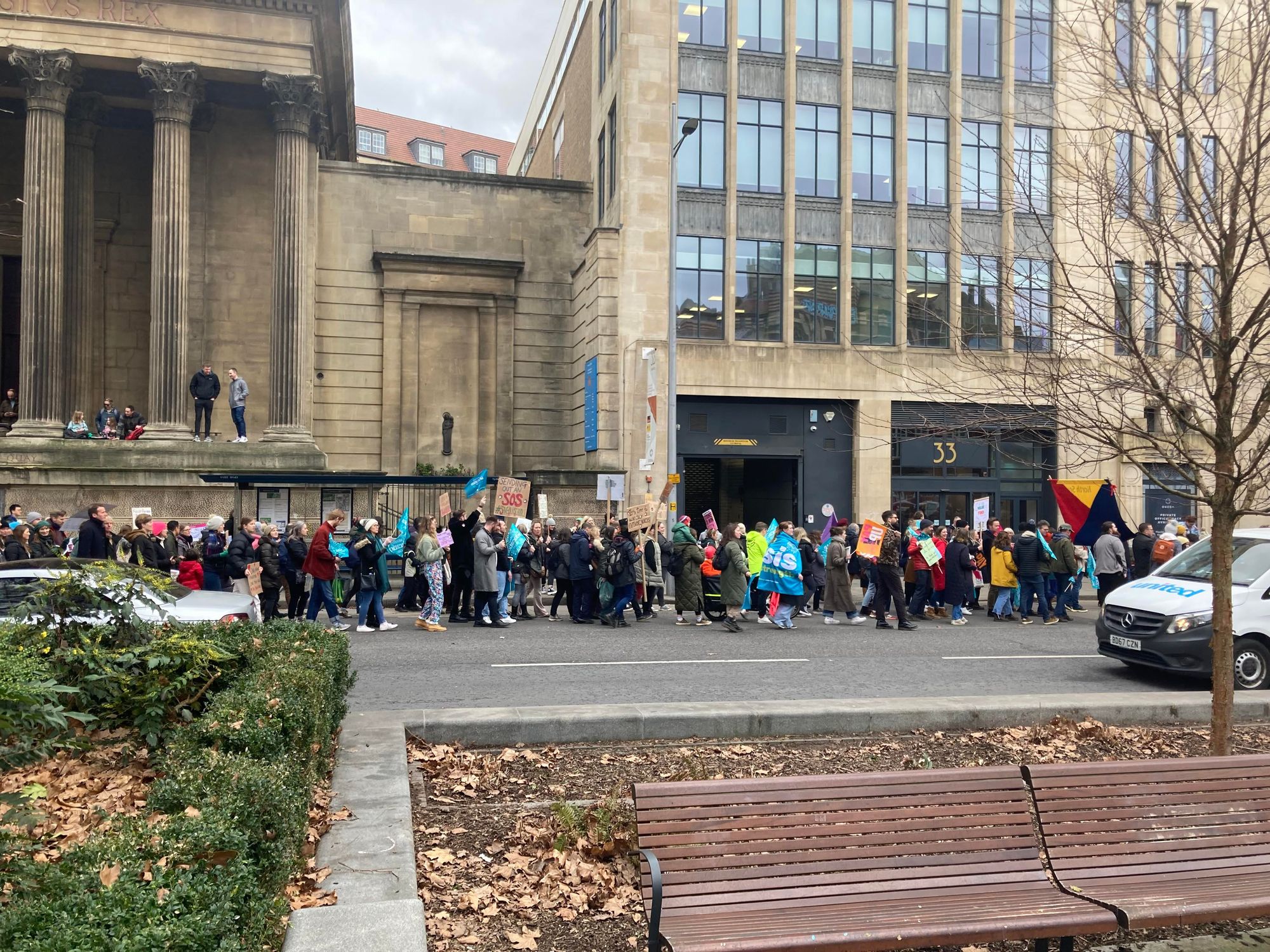
It is clear that the disruption from industrial action is a difficult situation for all those involved. It is evident that most academic staff feel they have no choice but to strike. However, what is key is that students and academics should be on the same side.
Students should consider at whom their anger is directed at and find a productive way to voice their opinion.
Featured Image: Courtesy of James Dowden
What is your perspective on the UCU strikes?



